All About Your Body Clock

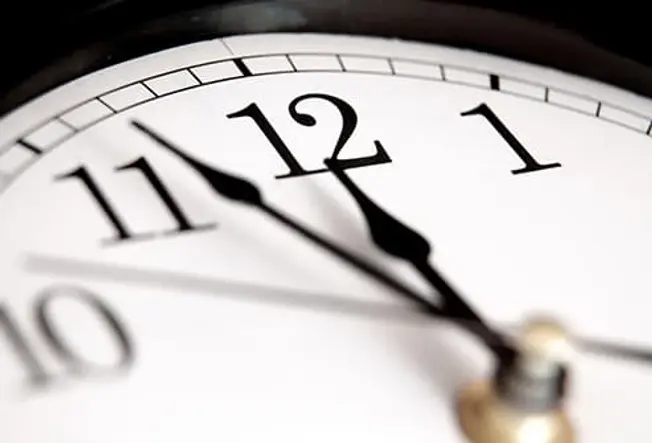
Feel the Rhythm
Your body has tiny clocks all over the place to keep everything running smoothly. But the master one in your brain calls the shots and drives your circadian rhythm. That’s your 24-hour cycle that controls things like your body temperature, hunger, and -- the big one -- sleep. And that clock is wired directly to your eyes, so light has a big effect on it.
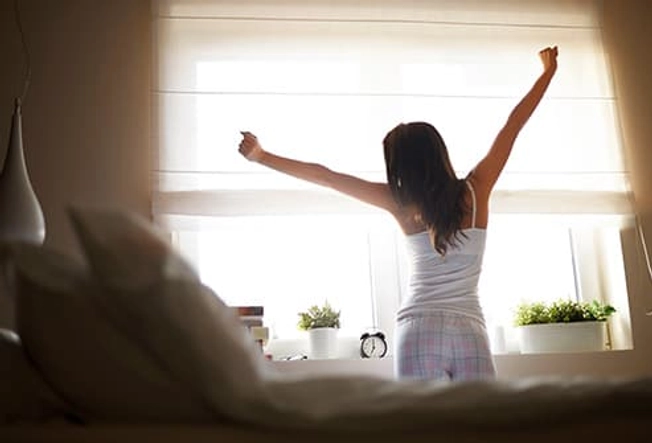
What Makes You Tick
When you open your eyes in the morning, light floods your brain. It turns certain genes on and off to get you revved up for the day. It also tells your brain to stop making melatonin, a hormone that makes you sleepy. Later, as the day fades, darkness flips the melatonin switch back on to set you up for sleep.

Larks and Owls
Most people’s clocks run on about the same schedule. But some are a little outside the typical range. Larks rise early, alert and raring to go. Owls? You have to drag them out of bed, but once evening rolls around, they’re on it. Scientists think larks may have slightly faster clocks, and owls slower ones. Fast, slow, or in between are all fine. The key is to work with your clock, not against it.

How Your Clock Shifts With Age
As you get older, your body clock goes through a few changes. Newborns sleep up to 17 hours a day, while teens need more like 10. Teens also tend to stay up later and sleep in longer. As you move into adulthood, you typically settle in to 7 to 9 hours of sleep a night. And after age 65, you might see other shifts, like waking up earlier.

Is Your Schedule Keeping You Down?
You might think you can pull a string of late nights and make up the lost sleep on the weekend. But that’s like being on a leaky boat and thinking, “I’ll bail it out on Saturday.” Your body craves routine, and late nights and sleeping in can keep you out of sync. If you do grab some extra shuteye, limit it to an hour, two at the most.

Jet Lag
Going from L.A. to New York may not seem like a big deal. But the next morning, when your alarm clocks says 7 a.m., your body clock’s groaning that it’s only on 4 a.m. You’ll adjust, but it might take a few days. The more time zones you cross, the worse it is, especially if you fly east. And changing our clocks twice a year for daylight saving time is like jet lag without leaving the ground.
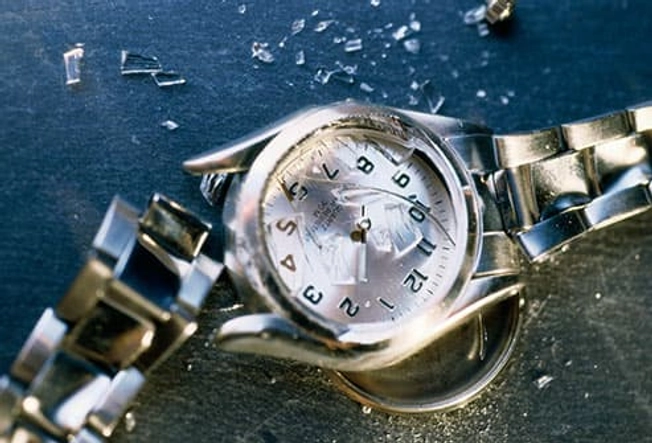
Lack of Rhythm Takes a Toll
When your clock’s off, it doesn’t just mess up your sleep. Your hormones, digestion, and even your immune system can take a hit, too. Scientists think fighting against your clock can make you sick. Some studies show connections between circadian rhythms that are out of whack and conditions like cancer, diabetes, bipolar disorder, and obesity.
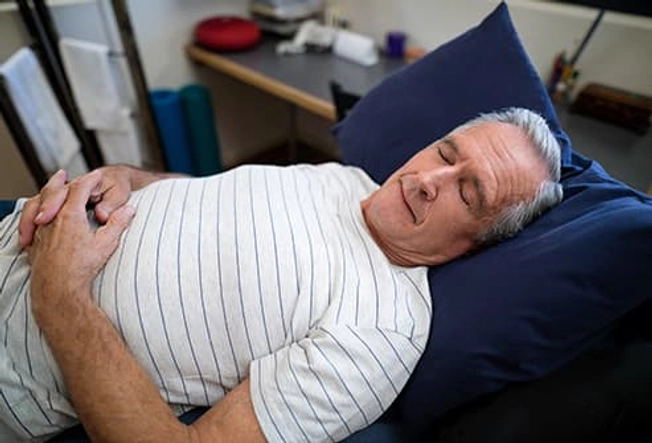
Are Naps Good or Bad?
They can be good as long as you’re smart about them. A 20- to 30-minute nap in the early to mid-afternoon can make you more relaxed, alert, and productive. It can boost your mood, too. And it usually won’t cause problems with sleeping at night. But longer naps can leave you feeling out of it and may keep you awake when you don’t want to be. And naps are no substitute for good sleep habits.
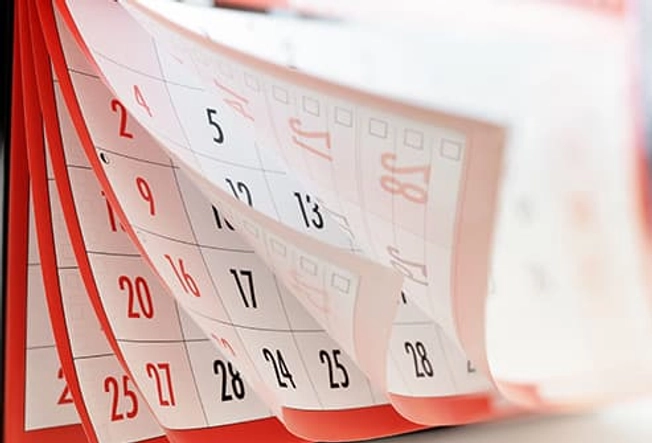
Refresh With Routine
When you need to get yourself back on track, nothing beats boring. A regular schedule, day in and day out, is one of the best things you can do. Go to bed at the same time each night, then wake up at the same time each morning. Rinse and repeat. Aim to keep the time the same within half an hour on both ends, and you’ll be off to a strong start.
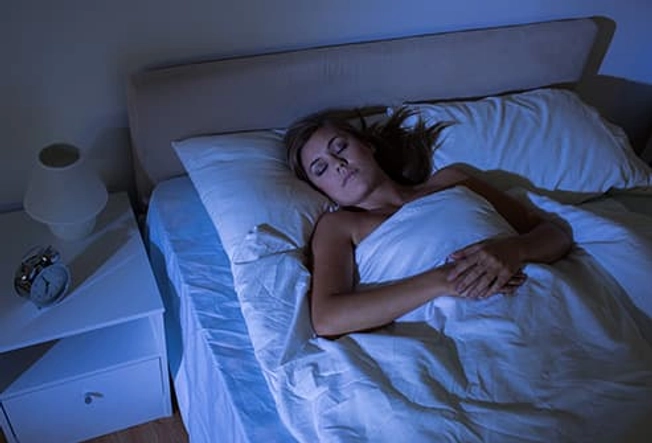
Reset Yourself, but Not All at Once
If you want to shift your bedtime from midnight to 10, it’s best to take small steps to get there. One big leap might just be frustrating. Instead, shoot for 11:45 for a night or two. Then shift to 11:30. Keep dialing back in 15-minute chunks. It’ll take a little longer, but it’s more likely to stick.
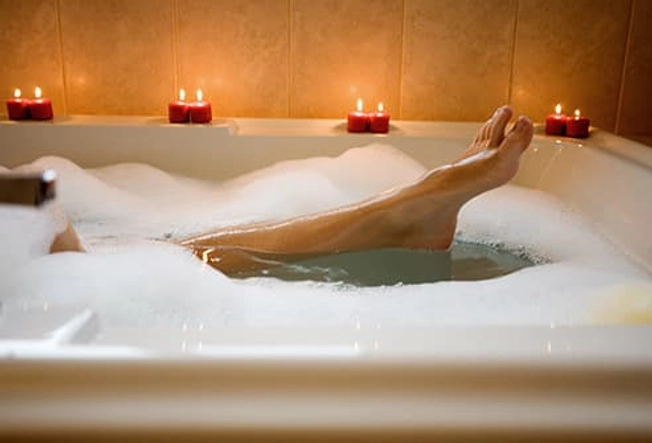
Dim the Lights at Night
We used to sleep in caves with no beds, pillows, or white noise machines. It worked because it was dark. So think about a sort of second sunset at night -- inside your house instead of outside. At least an hour before bed, turn the TV off and dim the lights. Put away the phones, tablets, and anything that glows. Grab a book, put on some chill music, or take a bath and relax.
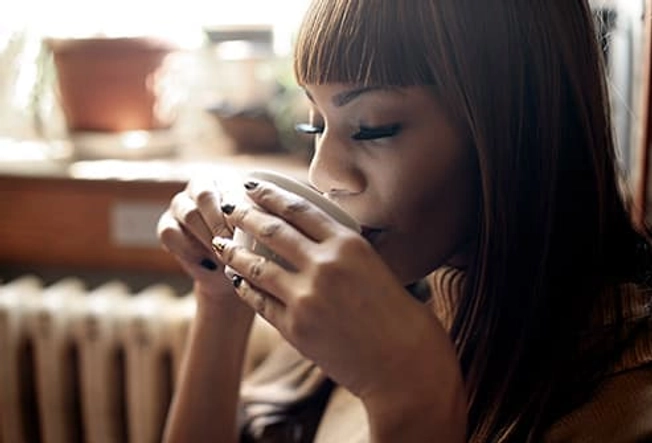
Keep It Light in the Morning
If you’re doing your best to get up at the same time every day but your body’s not playing along, pull those curtains open wide. Turn on the bright lights. Go for a short walk outside. Basically, load your brain up with brightness so you can cut off that melatonin supply. Have your coffee, but drink it in a sunny spot for an even stronger effect.

Can Exercise Help?
Yes. People who hit the gym in the early morning tend to get better sleep all around. An afternoon workout can be a good idea, too. Your body temp is higher then, which is good for your muscles. But don’t exercise within 2 hours of your bedtime, because it may rev you up and make you more alert. That’s not true for everyone, though, so pay attention to what works for you.

Beware the Late-Night Snack
Who can sleep with a grumbling stomach? But it’s not a good idea to eat right before bed. Your best bet is to fill up at dinner at the same time each night, a few hours before bed. And stay away from heavy meals, spicy foods, and caffeine in the later hours. If you do snack, try a carb with a protein, like cheese and crackers.
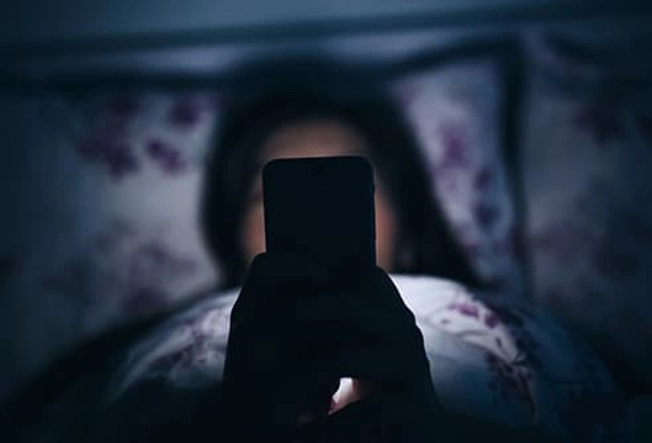
Digital Sleep Thieves
You close up your laptop after another long day, brush your teeth, and hit the hay. Or maybe you zone out and relax with some TV or a look at your social media feeds. What’s the harm? Computers, TVs, and phones cast a type of blue light that can tell your brain to stop making melatonin. A better way to get ready for a good night’s sleep is to read or listen to relaxing music.

When You Need More Help
Your rhythm can get so out of whack that you need treatment for it. If that happens, one option is bright-light therapy to reset your clock. You’ll work with a sleep specialist and use special lights 1 to 2 hours every day at specific times. Your doctor might also suggest a melatonin supplement or chronotherapy. That’s when you make small changes to your sleep schedule over time until you’re back on track.
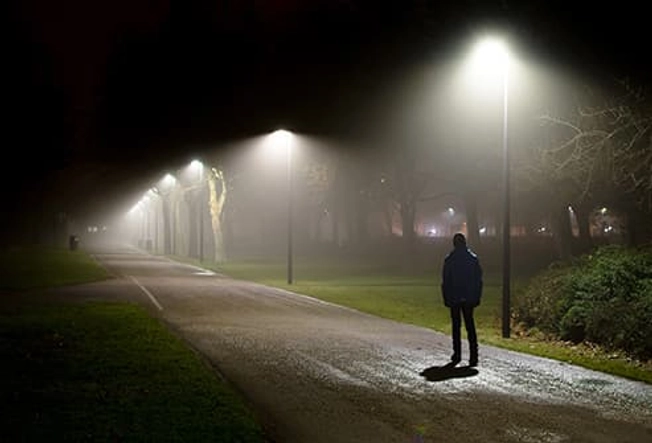
Tips for Shift Workers
If you wake up at night to go to work, flip on the bright lights as soon as you get up. Quick exercises like jumping jacks or a short walk can help, too. At work, keep it as bright as you can. If you head home when it’s light out, wear sunglasses, and once you’re back at your place, use blackout curtains in your bedroom to block out as much light as possible.